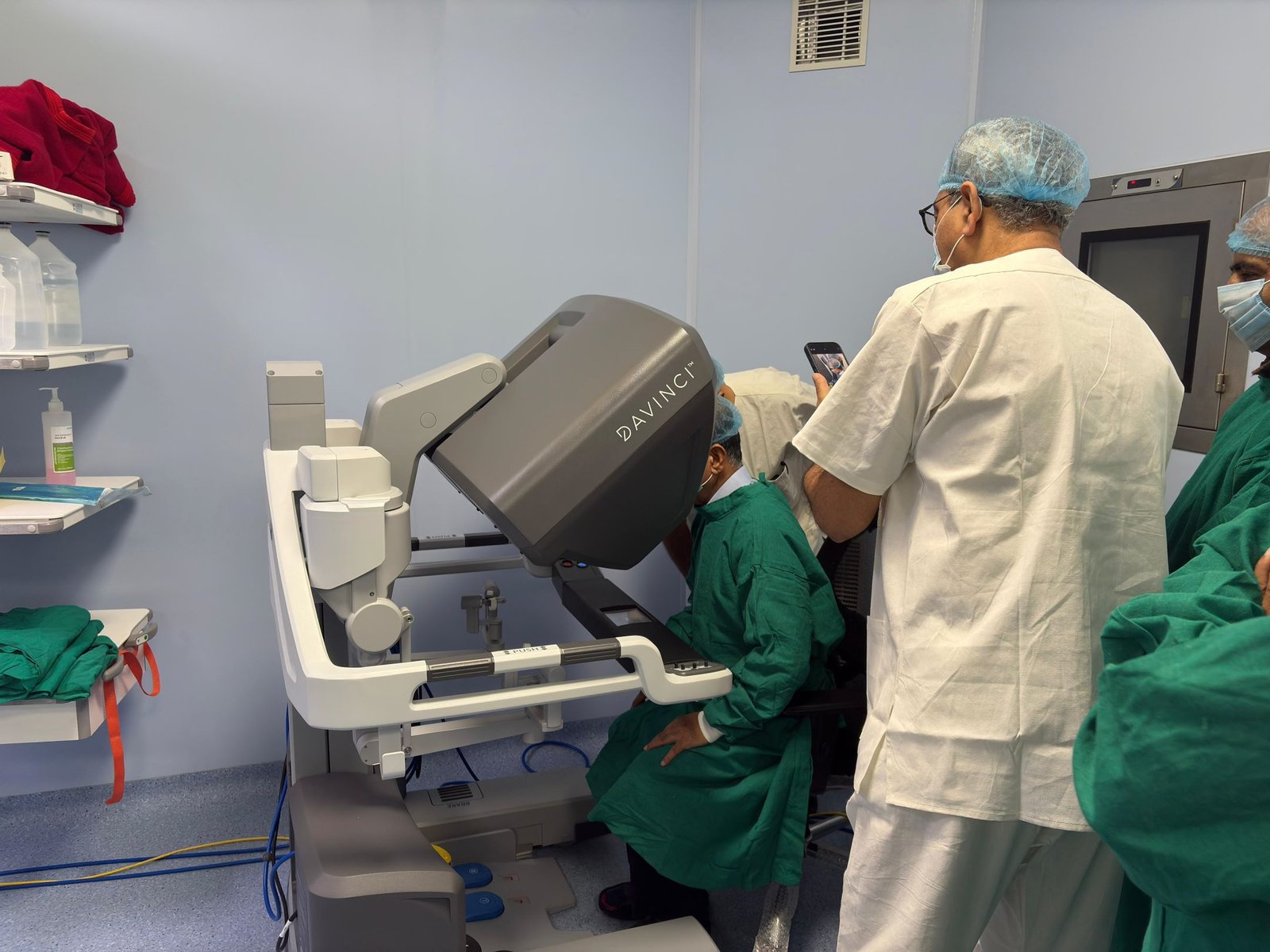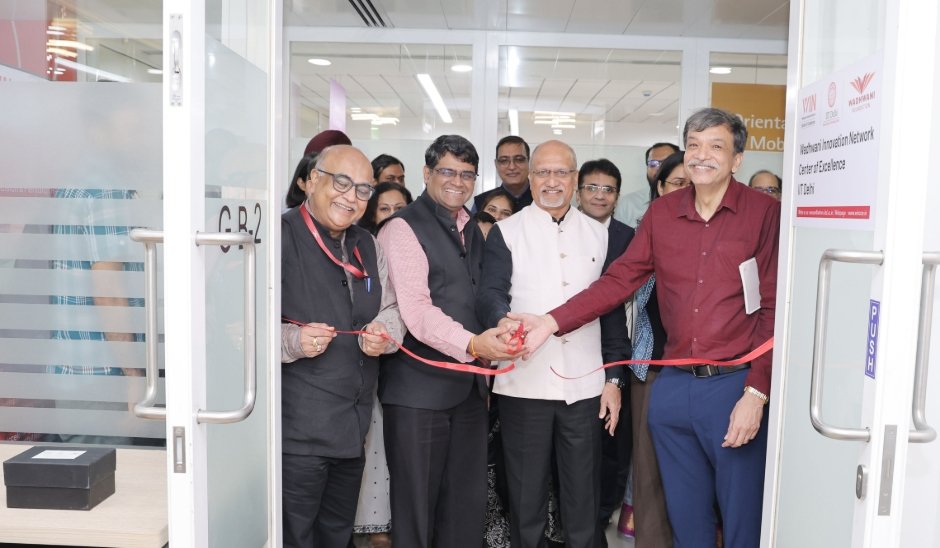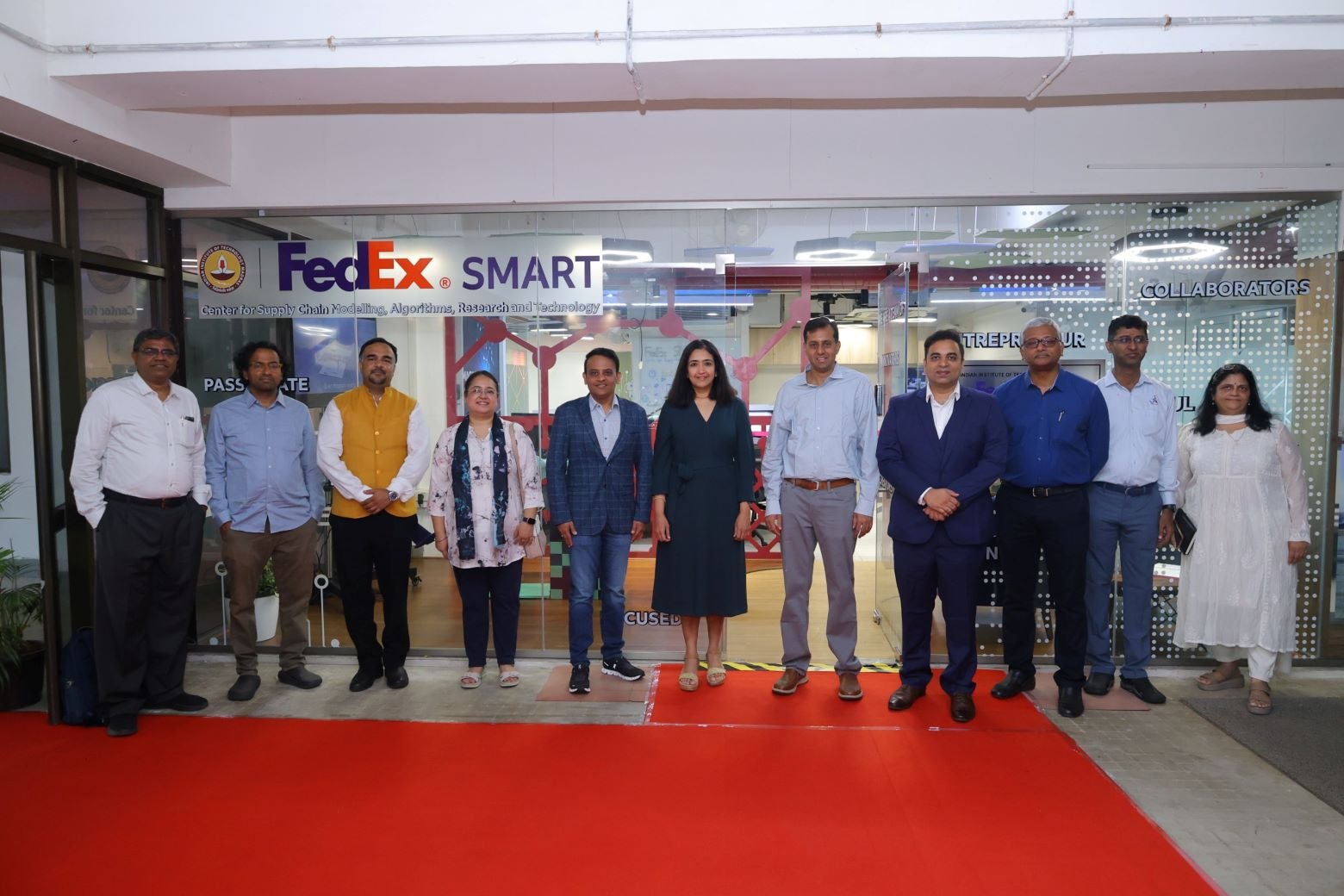“There is tremendous scope for extending cancer research in India�
January 30, 2014 | Thursday | Interviews | By Rahul Koul Koul
“There is tremendous scope for extending cancer research in India�
Prof Ashok Venkitaraman
He is a collaborative science chair at inStem and NCBS, Bangalore, and also coordinates at the Center for Chemical Biology and Therapeutics (CCBT).
In his exclusive interview with BioSpectrum, Prof Venkitaraman shared some of his research work and collaborations at Cambridge University. He feels that there is tremendous scope for extending cancer research in the academic and industrial sectors in India.
He believes that aspects of such efforts in the UK is a great place for oncology research based start-ups to translate laboratory discoveries to clinical application with the aim of delivering important new medical products.
He says that the best people in research, whether in academia or industry inevitably flock to the best places where they can carry out their research well, which in turn means that it will be important to build excellent institutions to attract such talents.
Q: What are the opportunities available for Indian oncology research start-ups to set foot in the UK?
Prof Ashok Venkitaraman: The UK is a very good place to start small technology-based companies for several reasons. My experience in Cambridge is that there is a well-developed ecosystem and people talk about it as the 'Cambridge Phenomenon' - that includes Cambridge University academics, industry scientists, business experts, and venture capital investors.
There are also several dedicated facilities in and around Cambridge where a start-up can 'plug into' this ecosystem.
The availability of so much expertise and the dedicated facilities in the research parks makes it easier for the start-ups to connect to the network, find new funding and grow their business through technology development.
In this regard, I am very excited about the growing links between Bangalore and Cambridge, not just the academic collaborations, but also those that bring in companies, like the newly established Bangalore-Cambridge Innovation Network.
The British High Commission in Delhi and the Deputy High Commissions elsewhere in India are keen to promote such links.
Q: What are the collaborative possibilities that you foresee in the area of oncology research between India and the UK?
India and the UK are both homes for large MNCs in the pharma area, but I think that their focus has so far been quite different.
Whereas UK MNCs have focused on discovery-led drug development for many years, the Indian companies have become leading players through other routes, such as the development of generics, fast-follower drugs with pharmacologic advantages or biological work alike agents.
I see an increasing focus in Indian pharma on discovery-led activities. This is an important reason to accelerate the growth of Indian biotech, to help fuel innovation and collaboration. At the same time, there are many collaboration possibilities between India and the UK, and not only in oncology research. There are several mutually complementary strengths.
One key to successful collaborations is clarity about mutual expectations between the partners, and so the strategies and tactics underlying collaborations must be carefully executed to make sure both sides get what they want.
Q: You have been awarded a major collaborative grant to set up Center for Chemical Biology and Therapeutics (CCBT). Can you tell us something about it?
A major focus in my Cambridge lab has been to develop new platforms that will make drug discovery more efficient and more effective. This has come from the recognition that the explosion in our understanding of the genetics of human diseases has not yet been matched by a commensurate increase in the development of new medicines.
In Cambridge, we have focused on developing new platforms for the identification and validation of new drug targets in complex disease pathways, for extending the repertoire of drug discovery to targets currently considered 'undruggable', and for enabling more accurate predictions of the likely therapeutic benefit before clinical trials.
I believe that some of these approaches might provide helpful frameworks for translational research in India. We have established CCBT with the aim of pioneering new approaches for the discovery of therapeutic small molecules in an academic setting.
The CCBT is an inter-institutional collaborative center between NCBS and inStem, with links to Cambridge University. It has been funded by the Department of Biotechnology of the government of India. I am grateful to the Indian government for this funding, which I hope will enable us to develop new opportunities for translational research in India.
Q: What differences do you find between the Indian and the UK oncology research companies? Are there any similarities as well?
I have already mentioned that many oncology research companies in the UK focus on discovery-led drug development, whereas their counterparts in India have primarily focused in other areas.
I think that this is changing, and hope that the changing landscape will facilitate further links between the UK and India.
Q: Do you think funding is a major issue in the area of research in India?
I don't think so. The major challenge I see is that there are relatively few academic institutions which are competitive at the international level. For a country with such a large population, and a large cadre of scientifically trained people, this number is quite low.










